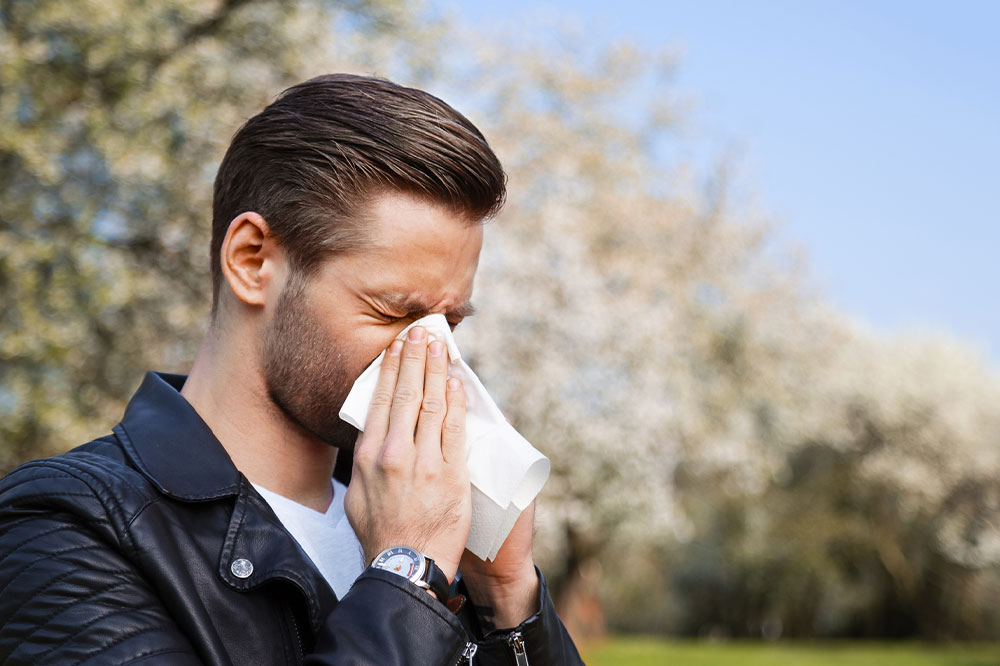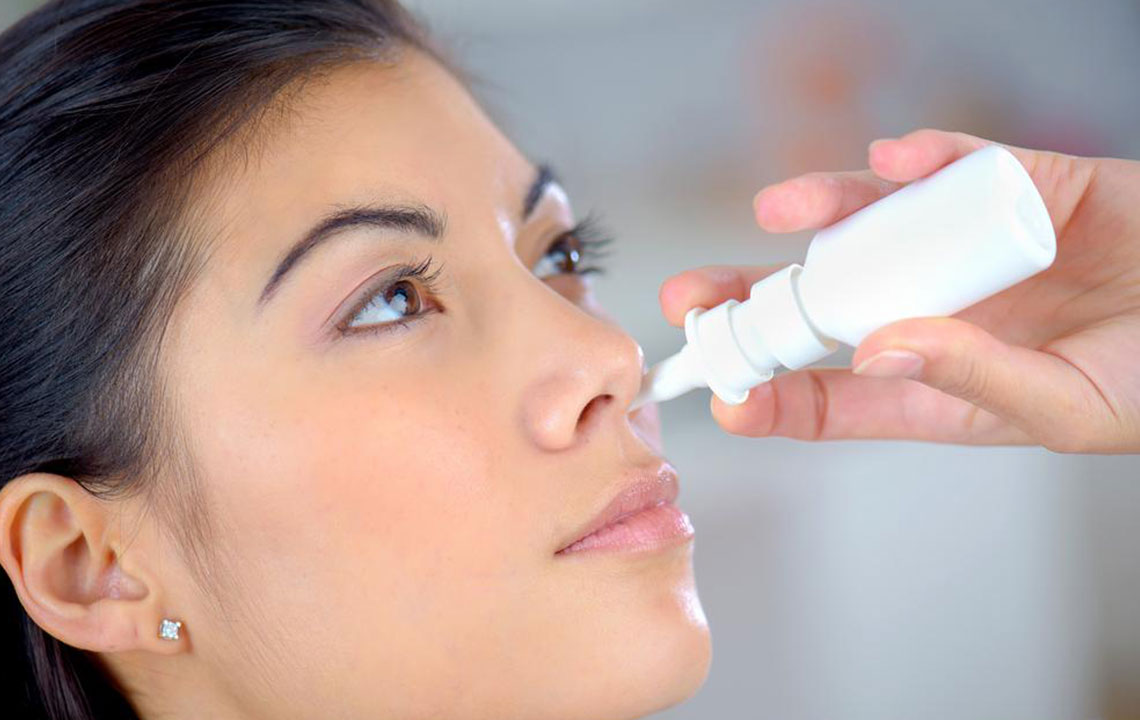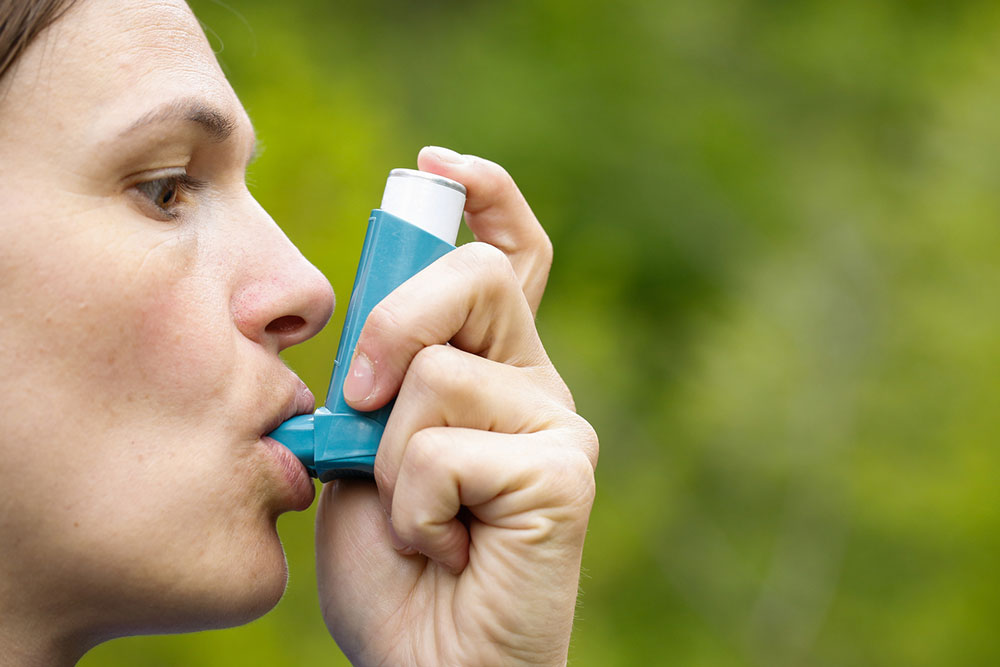Five Cities Safe for People Suffering From Allergies
Nearly 50 million people in the country suffer from allergies triggered by common allergens spreading airborne diseases. For some people, the added health complications are also hard to manage with daily routine and lifestyle habits, thereby affecting the quality of life. Based on the allergen count and the air quality index averaged across the top cities, here are five suitable places to relocate to lower the risk of a severe seasonal allergy flare-up.

Seattle, WA
Seattle is one of the few cities in the country that boasts wetter and colder climatic shifts between seasons. Colder climates don’t necessarily lower the scope of pollen allergens spreading widely. But it still ensures the exposure is milder compared to all metropolitan regions with a higher allergen count today. Also, consistent rains dampen the pollen circulation making the air cleaner and safer to breathe daily. People suffering from seasonal allergies triggered by airborne allergens will have a less troublesome living experience in Seattle. The city currently ranks atop the list of 2022’s least challenging places to live with seasonal allergies.
San Jose, CA
Usually, the allergy season in San Jose is at its peak during April and May when the climate gets warmer and the pollen count is at its highest. Apart from peak summer, September also observes a record-high pollen allergy season triggered by harsh wind and shifts in climate change patterns. So, it is better to venture out less when the pollen count is high. But most of the year, San Jose maintains a good air quality index and boasts pleasant colder climates with an average temperature of 15 degrees. In addition, any vegetation around the area produces less pollen when the temperatures dip, making San Jose the fourth best spot t o move and not worry about frequent seasonal allergies.
San Francisco, CA
San Francisco has been oscillating back and forth between second and third place in 2022’s list of least challenging cities to live with seasonal allergies. Summers in San Francisco do see an increase in airborne pollen count due to the presence of willow, oak, and maple trees surrounding the bay area. But the colder climate with frequent temperature dips ensures people with seasonal allergies don’t have a challenging time when the weather is pleasant. However, some recent concerns about climate change impacting the overall weather conditions have been raised. But overall, it is still ranked among the top three cities with a lower allergen count today.
Denver, CO
Denver’s peak allergy season is between April to September. But for the remainder of the year, this city boasts a cooler and dryer climate that makes it difficult for the vegetation around the city to produce pollen and trigger airborne allergies. Denver is also one of the few cities in the country that experiences four climate shifts – summer, spring, winter, and autumn. Allergy seasons here are short-lived, and there is a dedicated healthcare sector for those who suffer from major seasonal allergies. Denver is one of the ideal places in the country to consider relocating to for long-term relief and fewer seasonal flare-ups.
Phoenix, AZ
Phoenix also ranks among the top 10 cities in the country, ideal for relocation to manage seasonal allergies better. Though allergy season is common in every other major metropolitan area in the state, Phoenix is still one of the better options compared to the severity of the condition and overall air quality index year-round. Phoenix has a very low grass pollen count and almost zero ragweeds or tree pollen off-season, making the air less infected with airborne pollen released by the greenery. The weather forecast is favorable for those suffering from chronic seasonal allergies and pollen-induced respiratory conditions.
It should be noted that these cities are slightly more favorable when it comes to managing the discomforts of seasonal allergies. However, there are many other factors that mandate healthcare intervention to lower the risk of allergies, varying from case to case.




